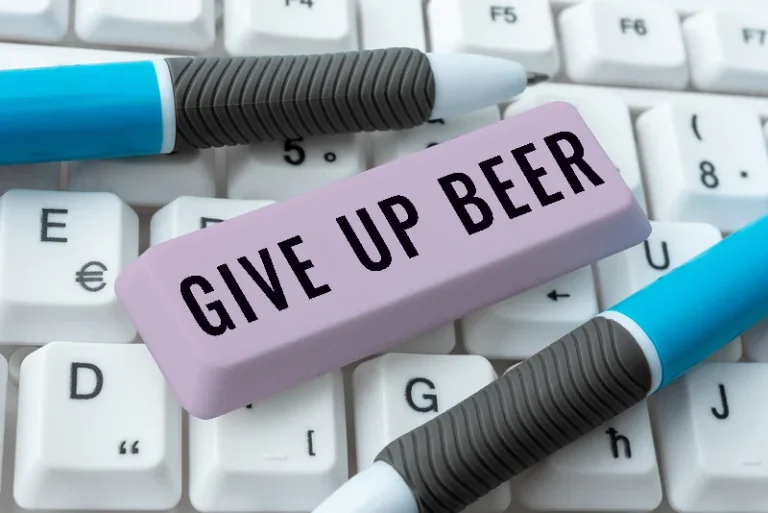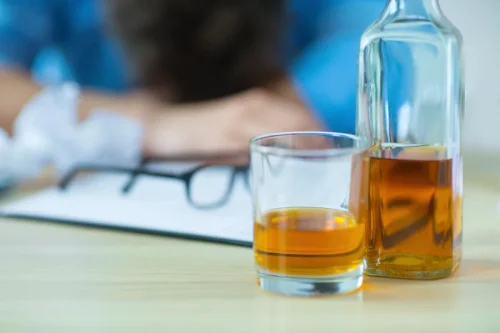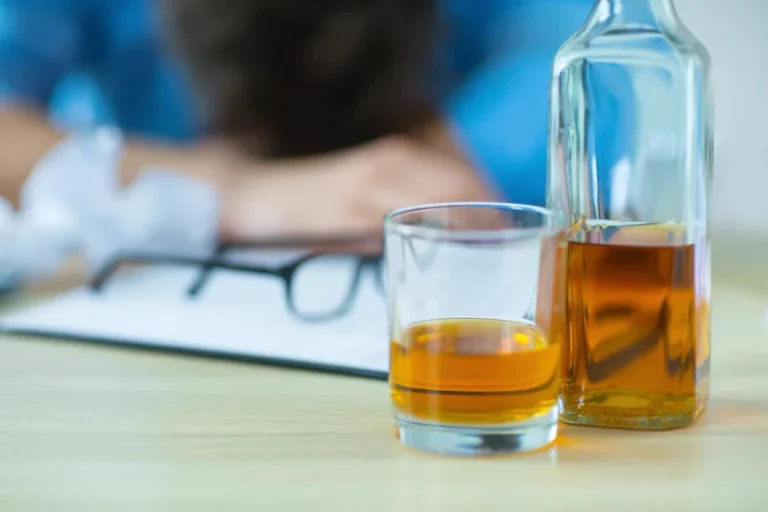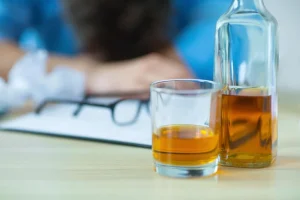Why You Get Stuffy Nose After Drinking Alcoho
While specific ingredients in alcoholic beverages may c...

When alcohol is consumed in conjunction with blood thinners, there are a few key interactions to consider. Ever found yourself wondering why that glass of wine hits you a bit differently sometimes? We’ve all heard the buzz about alcohol thinning your blood, but let’s dive into the nitty-gritty and find out if there’s any truth to it. We’ve all heard the buzz about alcohol thinning your blood, but let’s dive into the nitty-gritty and find out if there’s any truth to it. Receiving professional support and participating in rehabilitation programs can significantly enhance recovery outcomes. These programs often include a combination of detoxification, therapy, and ongoing support, tailored to meet individual needs.

Elevated blood pressure places extra stress on the heart and increases the chances of heart attack, stroke and heart failure. Talk to your doctor if you’re on blood thinners and still want to drink to find out if it’s safe, and how much you can safely drink while you’re taking your medication. Many people wonder whether alcohol has blood-thinning properties and how it may interact with blood thinners. In this section, we will delve into Drug rehabilitation the effects of alcohol on the blood and its potential interactions with blood thinners. Alcohol consumption can potentially interfere with the effectiveness of blood thinners. Alcohol is metabolized by enzymes in the liver, and these same enzymes are responsible for breaking down certain blood thinners.
Even if you have a normally functioning liver and kidneys, alcohol can limit your liver’s ability to metabolize other compounds. Healthcare professionals treat AUD with medications and behavioral therapies. They may also recommend joining a support group for individuals with AUD. Experts define binge drinking as consuming in excess of four drinks for females or five drinks for males within around 2 hours.
It is crucial to consult with a healthcare provider to understand the potential interactions between alcohol and specific blood thinners. Combining alcohol with blood thinners can significantly increase the risk of bleeding. Blood thinners, also known as anticoagulants, work by inhibiting the clotting process in the blood. Alcohol, on the other hand, can further impair the body’s ability to form blood clots. This combination can potentially lead to excessive bleeding, even from minor cuts or injuries. However, despite the potential benefits of mild to moderate drinking, heavy drinking increases your risk of the same diseases that moderate drinking can protect against.
She provides leadership support to Outreach, Marketing, Admissions and Discharge teams. Haley received her Master of Social Work from the University of Texas-Arlington. If you’re ready to face your addiction head-on, and want the best possible help recovering, treatment centers can help.
Certain foods can either amplify or diminish the effects of blood thinners. Foods high in Vitamin K, for instance, can reduce the effectiveness of warfarin by promoting clot formation. However, it’s never a good idea to use alcohol in place of your prescription blood thinners.
Bayview Recovery Center provides varying levels of care with a focus on outpatient treatment programs at our Tacoma, WA drug rehab center. Our treatment methods allow our clients to have the most accessible and effective recovery experience possible. Dave Cundiff, MD, MPH is an experienced leader in the field of Substance Use Disorder treatment. He works with patients suffering from Substance Use Disorder to evaluate their medication needs and prescribe treatments accordingly. In addition, he regularly participates in all-staff debriefing sessions involving peers, nurses, and other prescribers. He also reviews and advises on policies, procedures, and techniques for treating substance use disorder.

By understanding the potential risks and interactions between alcohol and blood thinners, individuals can make informed decisions about their health and well-being. Prioritizing responsible drinking and following precautions can help ensure optimal medication effectiveness and minimize the risk of adverse events. To ensure the optimal effectiveness of blood thinners, it is advisable to follow the prescribed dosage and avoid excessive alcohol consumption. If you have concerns or questions regarding the interaction between alcohol and your specific blood thinner, consult with your healthcare provider. Alcohol and blood thinners both have effects on the body and combining them can potentially increase the risk of bleeding.
Alcohol consumption can inhibit the activity of thrombin, making it more difficult for your body to form a blood clot. Understanding these implications is vital in maintaining one’s health and wellness. The topic of alcohol and its blood-thinning properties isn’t black-and-white but lies within a spectrum of moderation and individual health considerations. Drinking to excess can lead to injuries, alcohol poisoning, violence, stillbirth/miscarriage, and risky sexual acts (sex with multiple partners, unprotected sex, etc.).

Red wine is fermented for a longer amount of time with the grape skins than white wine is, meaning it will contain more resveratrol, which is why it is typically thought to be more heart healthy. While alcohol may have blood thinning effects, it may also increase the risk of cardiovascular conditions and blood clots. Drinking alcohol in moderation may have a protective effect on your blood vessels. does alcohol make blood thinner Some research finds that alcohol increases levels of high-density lipoproteins (HDL, aka “good cholesterol”). This healthy type of cholesterol helps protect your arteries and prevent the blood clots that can lead to heart attacks and strokes.